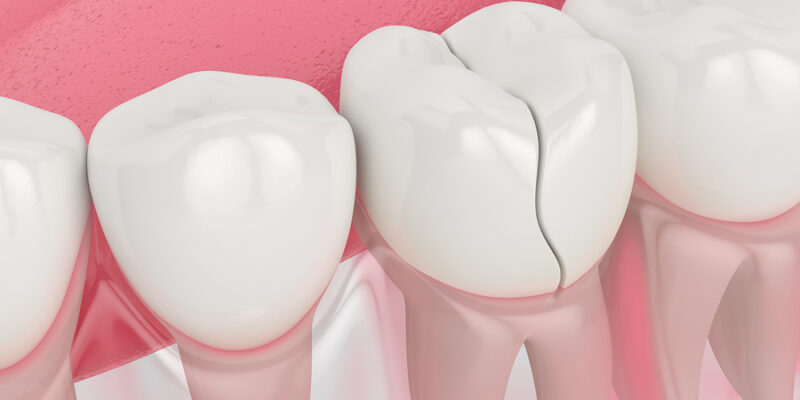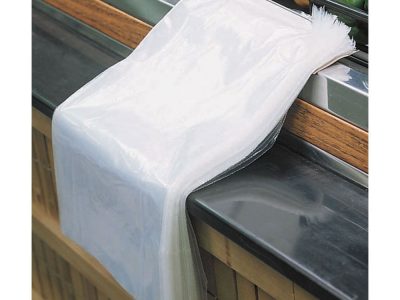While your teeth usually hold up well under regular use, everyone can occasionally experience dental damage. Your long-lasting teeth are vulnerable to injury from an accidental bite or other sources of extreme oral pressure.
Even if you think you can handle the pain, you should see a dentist immediately if a tooth breaks. Infections and other dental issues can more easily spread when teeth have cracks. Also, if you do not get dental help, the damage will get worse.
Your dentist has several options for repairing damaged teeth, depending on the severity of the damage. If you have a fractured tooth, here are three ways your dentist near the South Loop in Downtown Chicago may fix it.
Tooth Bonding
Tooth chips and cracks can be easily repaired with cosmetic dentistry procedures performed by your dentist. They may recommend dental bonding to repair this minor tooth damage. In this procedure, a dentist will fix tooth decay by coating teeth with composite resin.
After that, the tooth-colored resin is cured to solidify and stay there over the grin. The end effect is a brighter, more uniform coating that hides enamel flaws.
Porcelain veneers are another option that dentists may recommend for protecting teeth with minor chips or fissures on the surface. In addition to protecting the tooth from more damage, these bespoke caps will improve the smile’s aesthetics by sealing over the fracture.
Dental Crowns for teeth
Cosmetic dentistry alone will not be enough to protect teeth with more severe cracks. A dental crown is what a dentist recommends for patients with tooth fractures.
With the help of dental cement, this ceramic crown covers the entire tooth. It improves the tooth’s look, health, and function for permanent outcomes. Once again, you can chew food and use your mouth normally.
In addition, the crown’s bespoke polish guarantees a long-lasting and beautiful finish that will perfectly blend in with your smile. As a result of using this attachment, your teeth will be thoroughly preserved for at least fifteen years.
Tooth Removal
A dentist cannot treat a tooth fracture if it goes below the gumline. For the sake of your oral health, your dentist will need to perform an extraction to remove the tooth.
The tooth will be extracted from its socket after the dentist numbs it. Following this oral surgery, you should allow yourself some time to rest and recuperate. However, you put yourself at significant risk of infection and extreme pain if you put off treating this dental issue.
To protect your teeth and gums from further damage, consult a dentist as soon as possible when a tooth breaks. Be mindful of your dental habits to lessen the likelihood of tooth cracks.













Comments